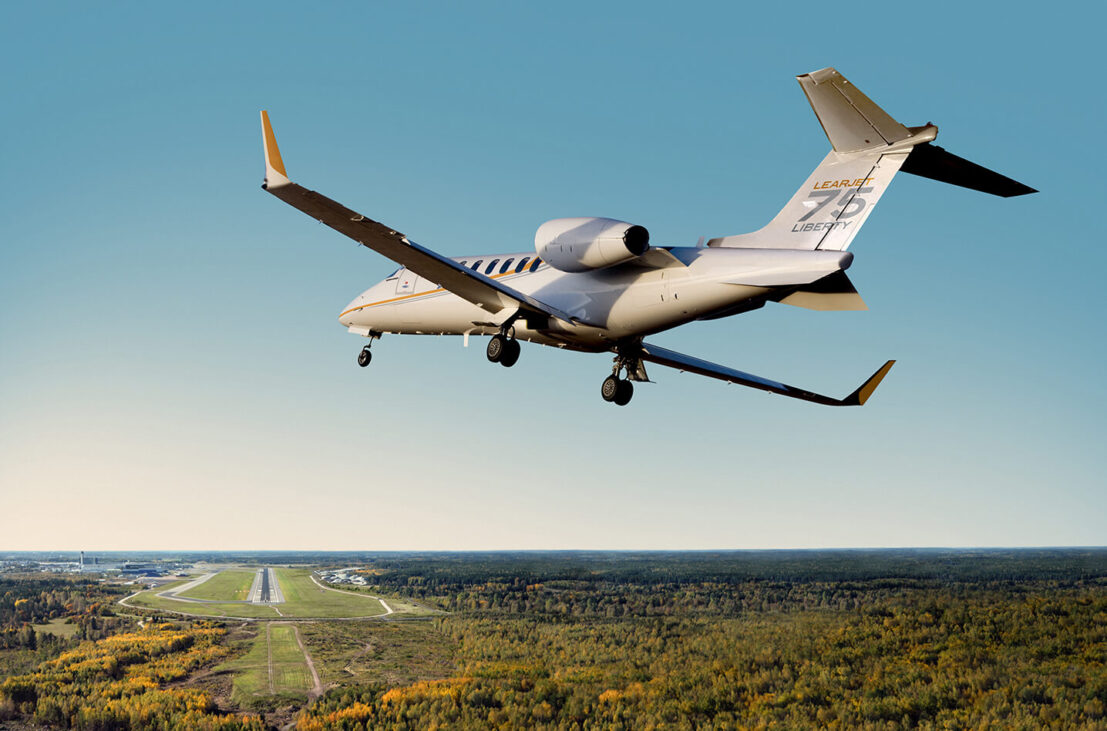
Dec. 16, 2021
NBAA President and CEO Ed Bolen opened the recent NBAA Leadership Council Business Aviation Flight Operations Roundtable by explaining the importance of “checking the pulse” of the industry during this ever-changing environment in the COVID-19 era.
Kevin Honan, senior advisor for operations manuals, AviationManuals; Garry Melia, safety manager and helicopter captain, MassMutual and Richard Thacker, director of strategy and operations, Atlantic Aviation shared their perspectives with the council.
“We’re still not at the same pace, but it’s coming back. It’s actually creating more business for us in the near-term and hopefully in the long-run as well,” said Melia, who reported fixed-wing flight operations have recovered as well.
Melia reported a significant decrease in rotor-wing operations, as the aircraft were typically used to transport people between offices, many of which were closed during the height of the pandemic. Now availability to helicopters is proving its value by keeping company employees off trains and other modes of public transportation.
Brian Koester, CAM, NBAA director flight operations and regulations, moderated the session and said the COVID-19 pandemic allowed the industry to demonstrate its value in this way. “Business aviation can help reduce points of contact during travel,” he said.
FBOs managed to stay relatively steady during the pandemic, according to Thacker.
“In some respects, particularly regional parts of the country, the FBO industry was immune to the effects of the COVID-19 pandemic, at least after the first 30 or 45 days,” said Thacker. “We’ve seen a lot more people come to private aviation as a reliable and safe means of transportation.”
The re-opening of international borders – particularly with Canada – resulted in a second wave of recovery, Thacker added.
Honan reported a strong response to the COVID-19 crisis, as operators used downtime to review company policies and procedures, effectively navigate the changing environment using their safety management systems, update their procedures to reflect COVID-19 best practices and now processing new international operations procedures, letters of authorization and MELs.
“When the pandemic first started in 2020, we noticed a big uptick [in business],” said Honan.
Participants also shared changes to their organization’s policies and procedures to mitigate the spread of COVID-19.
MassMutual requires that aircraft passengers be vaccinated and wear masks on the aircraft if sufficient social distancing isn’t possible. All company personnel are expected to self-certify that they are not experiencing any symptoms and have not had recent close contact before coming to the office. “We consider the company aircraft an extension of the office,” said Melia.
Atlantic Aviation installed partitions to keep passengers separated from staff and added thermometers for temperature checks at timeclocks.
Finally, the Leadership Council members discussed workforce and sustainability challenges, with Thacker saying a multi-pronged approach is needed to meet the challenges. Atlantic Aviation has reviewed benefits, added sign-on and retention bonuses and increased starting wages.
Melia said his organization’s goal is to retain their employees, even during the pandemic, with no layoffs or pay decreases. Taking care of employees is key to ensuring employees stay long-term.
“That is an incredible retention tool,” Melia said.
Thacker discussed sustainable aviation fuel (SAF) as a plug-and-play option of Jet-A fuel with significantly lower carbon emissions than traditional fuel. Atlantic Aviation is also evaluating carbon offsets and has replaced half a million gallons of traditional diesel fuel with clean, renewable diesel fuel.
Melia said MassMutual attempts to refuel where SAF is available but one of the biggest roadblocks is availability, with a lack of sufficient supply on the northeast coast.
Bolen wrapped up the session by saying that while there is little predictability in the world today, there are several encouraging signs within business aviation, including new users of the industry and increased appreciation for the benefits of business aviation, such as safety, security and the ability to reach places that are otherwise unreachable.
New technology, sustainability efforts and workforce development will be key focuses in 2022.
“We have the opportunity to make 2022 an extraordinary year,” said Bolen. “Together, we are emerging stronger than we were in 2019 and I think 2022 is going to be a very special year for all of us.”


 International Business Aviation Council Ltd.
International Business Aviation Council Ltd.